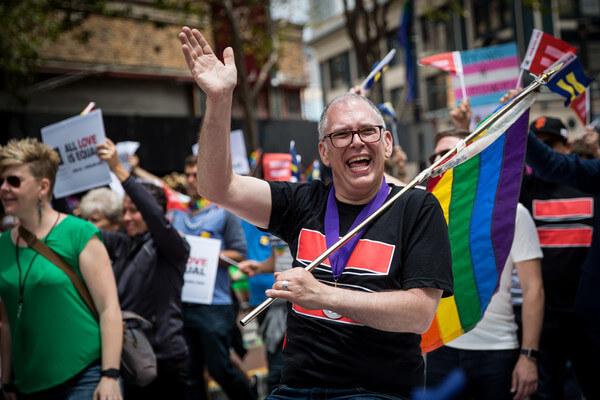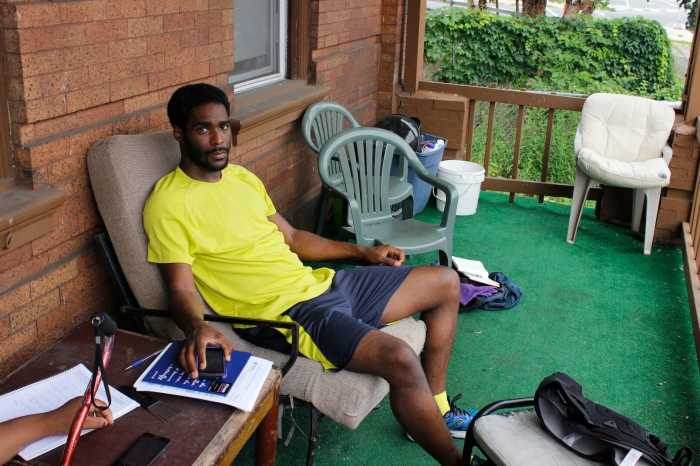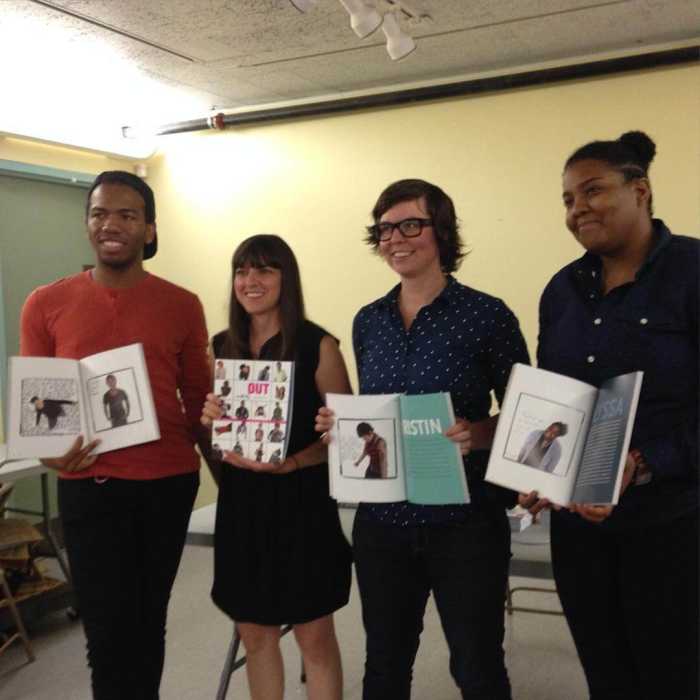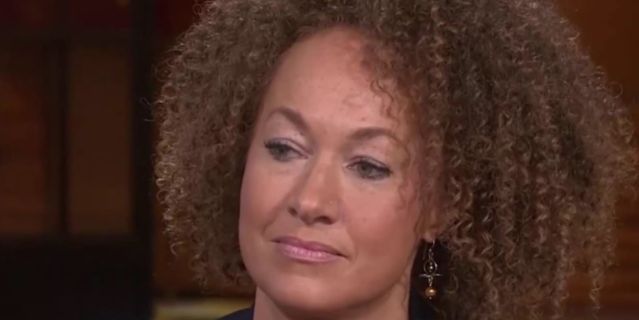“When I heard the decision, I cried and immediately thought of John,” Jim Obergefell, 49, said after hearing Supreme Court Justice Anthony M. Kennedy read his ruling in the case of Obergefell v. Hodges. Obergefell, an openly gay real estate salesman from Ohio, was the plaintiff in the landmark decision granting the constitutional right to marriage for same-sex couples in all 50 states.
Obergefell and his husband, John Arthur, were partners for 21 years before legally marrying on the BMI Airport tarmac in 2013. The couple had raised $13,000 in support from friends and family to help legalize their union outside of Ohio’s statewide ban. RELATED: Philly hosts 50th anniversary ofLGBT Rights Fight. Tragically,100 days later, Arthur would die from amyotrophic lateral sclerosis (ALS) that October. Ohio’s denial ofObergefell’srequest to have his name on Arthur’s death certificate as the surviving spouse sparked the historical case. “Things exploded,”Obergefelldescribed after the Supreme Court’s decision last Friday. “I have hundreds of e-mails, text messages and 400 Facebook notifications I’m still getting caught up on.” In additionto President Barack Obama personally calling him to thank him for his efforts in helping making the ruling possible, he has been nationally considered a gay rights icon by various groups and social media. On Thursday,Obergefellwill launch the National LGBT 50th Anniversary Celebrationin Philly (July 2-5) by laying a wreath at the Gay Pioneers historic marker directly across the street from Independence Hall and Liberty Bell Center. The ceremonious occasion commemorates the organized LGBT civil rights movement that was galvanized when activists from major East Coast cities, including Philadelphia, would use Independence Hall as a public demonstration site each Fourth of July from 1965 to 1969. In 1965, when 40 of the activists picketed in front of Independence Hall they produced the largest demonstration for gay equality in world history up to that point. Already being hailed with great regard, Obergefell will also be surrounded by many of the LGBT leaders and Gay Pioneers who was a part of that.
“With the Supreme Court’s marriage equality decision, Jim Obergefell is a historic civil rights hero,” Malcolm Lazin, chair of the anniversary celebration, told the press. “By laying the wreath at the Gay Pioneers historic marker, Jim connects the marriage equality decision to the groundwork laid by the Gay Pioneers.” But althoughObergefellunderstands the context of being labeled a hero “on an intellectual level,” he is “still coming to grips on an emotional level.”
“I’m very humble and grateful to be invited and celebrated in Philly among very notable LGBT leaders and icons … but it’s a weird thing to be told,” Obergefell said. “I was just being true to myself and reminding myself that I was fighting the right fight.” Once the current heavy media attention slows down,Obergefellplans on “taking a break to decompress.”
But after that, he plans to continue to advocate for other LGBT causes outside of marriage equality.
“I’m looking forward … I plan to fight for LGBT non-discrimination rights and transgender equality as well,” said Obergefell. “Currently, those gay couples that can now marry can still face discrimination at their jobs and with housing if they post such details in their profile picture … There is still a lot to be done.” However, forObergefell, who has received worldwide acclaim and press since his decision to take his case to the Supreme Court, it’s “the thousands of personal interactions” that inspire and encourage him each day. “When someone comes up to me and tells me how they now ‘matter’ in their home state because of this decision that matters more to me,” said Obergefell. “It’s those experiences with the support of my friends and family that mean the most to me.” And despite the complexities that are often argued during matters pertaining to same-sex marriage, Obergefell’s message to others is quite simple.
“I just want people to understand that LGBT Americans are no different from straight Americans,”Obergefellsaid. “We’re no different in how we expect our government and laws to respect us.”
Jim Obergefell: ‘Still coming to grips’ with being a gay rights icon

Getty Images






























